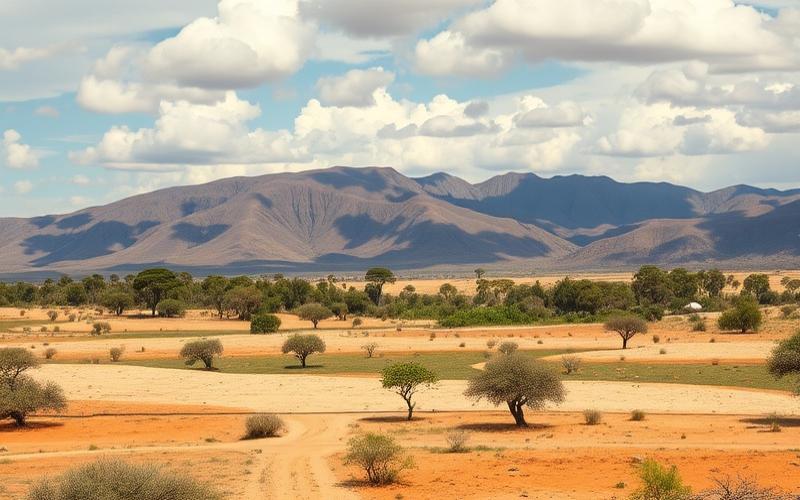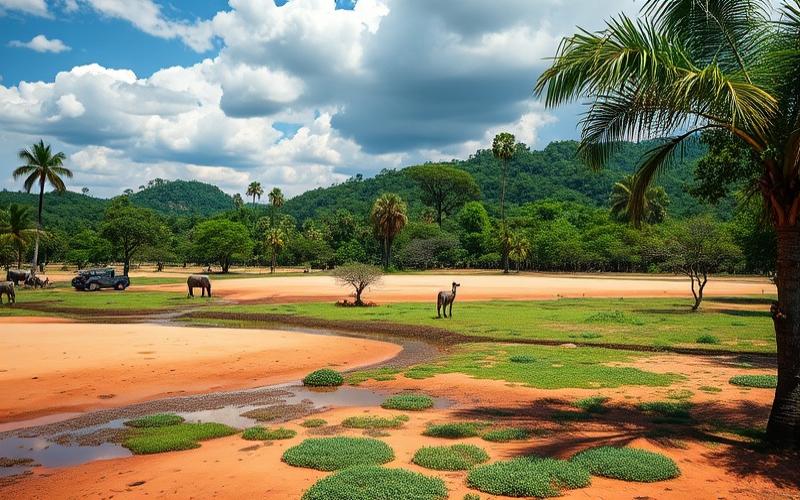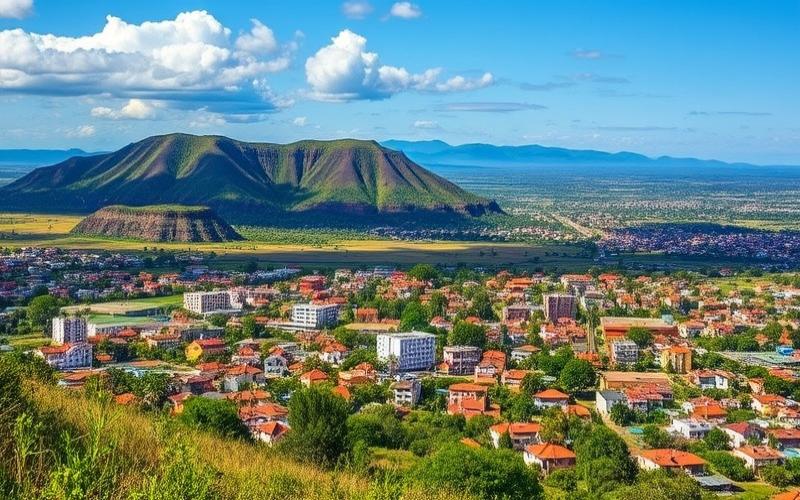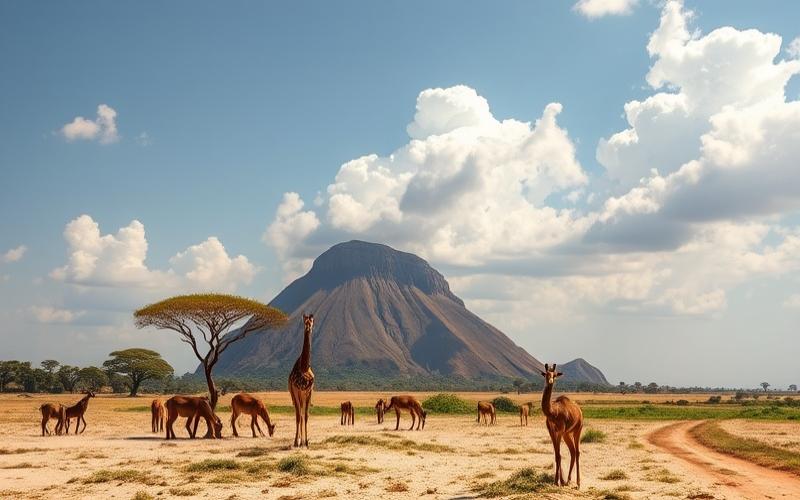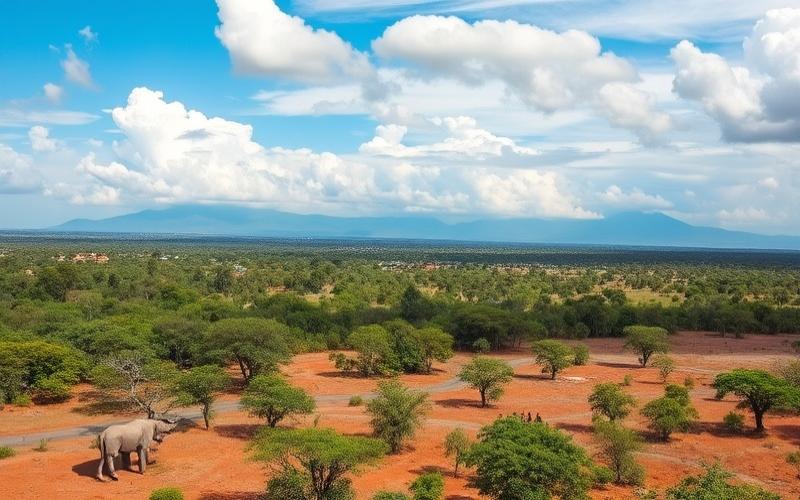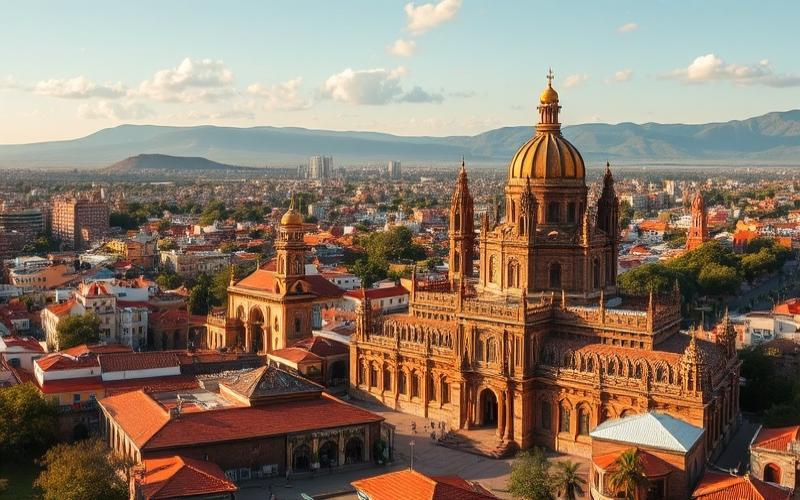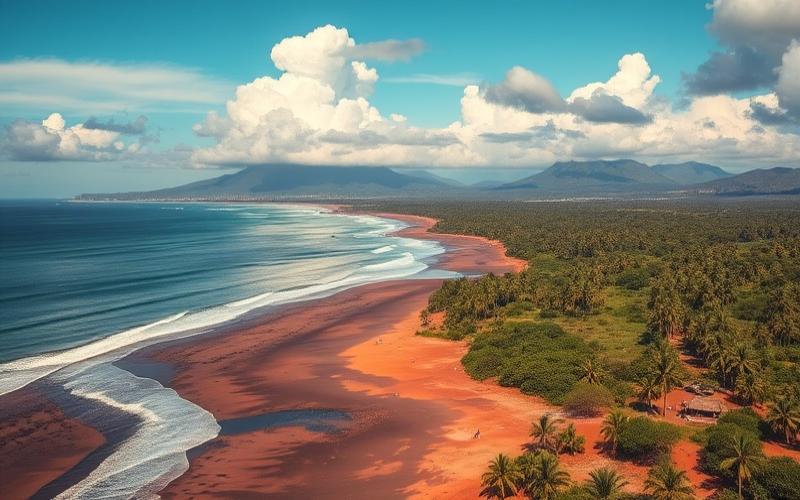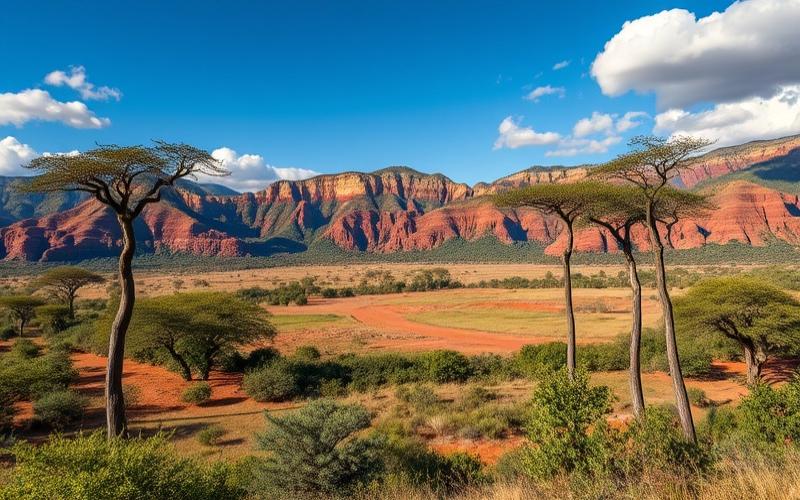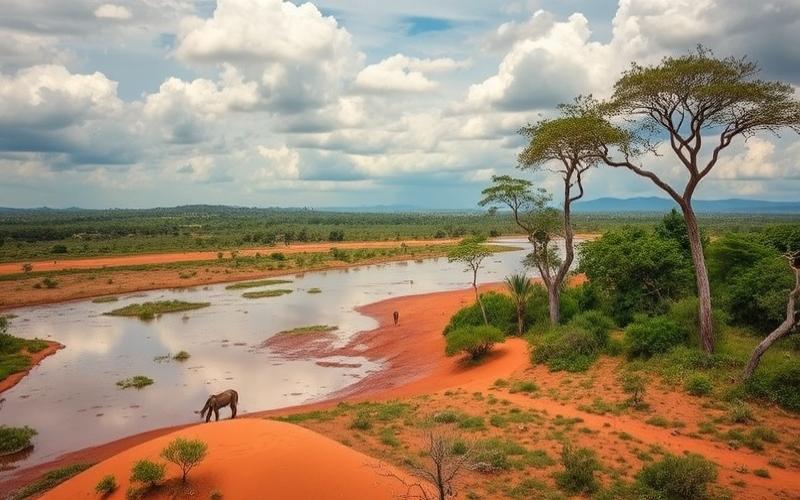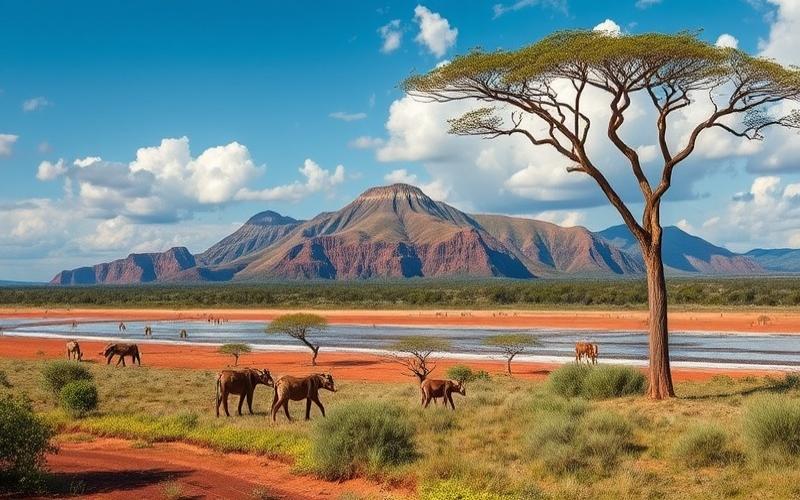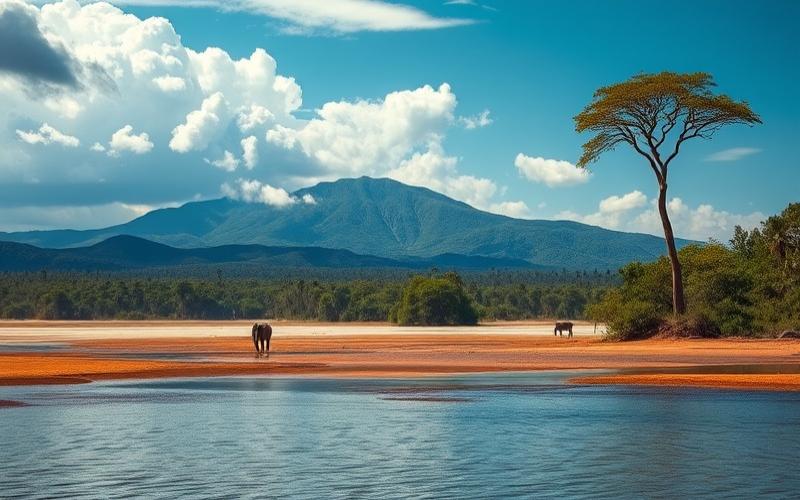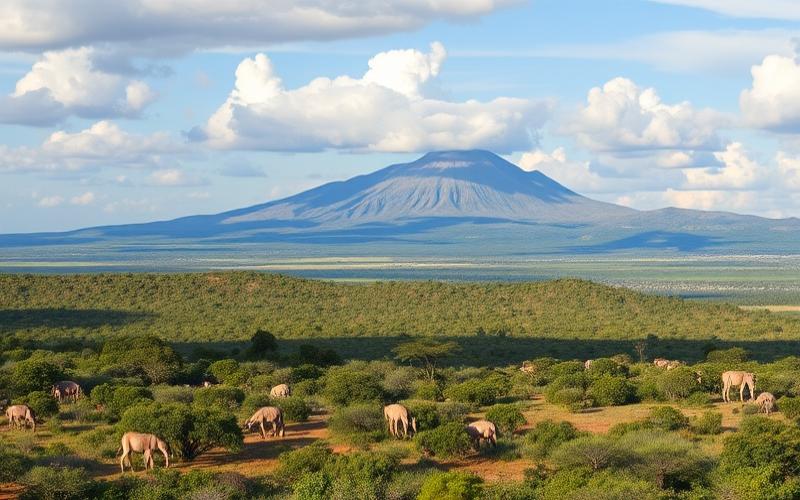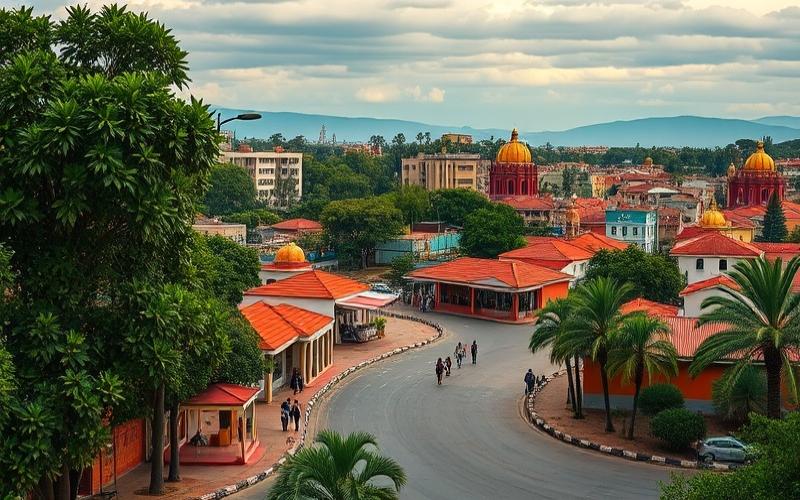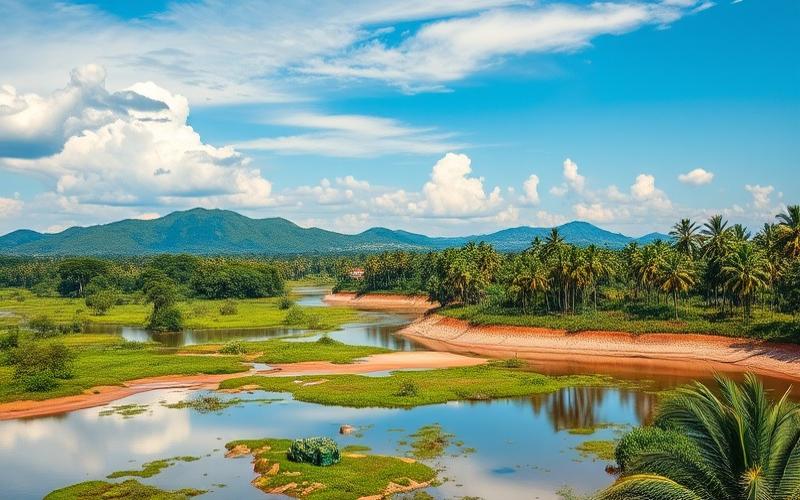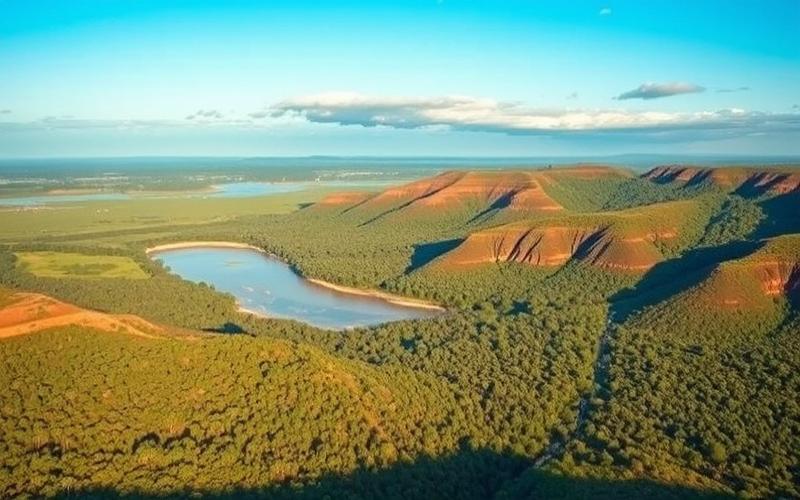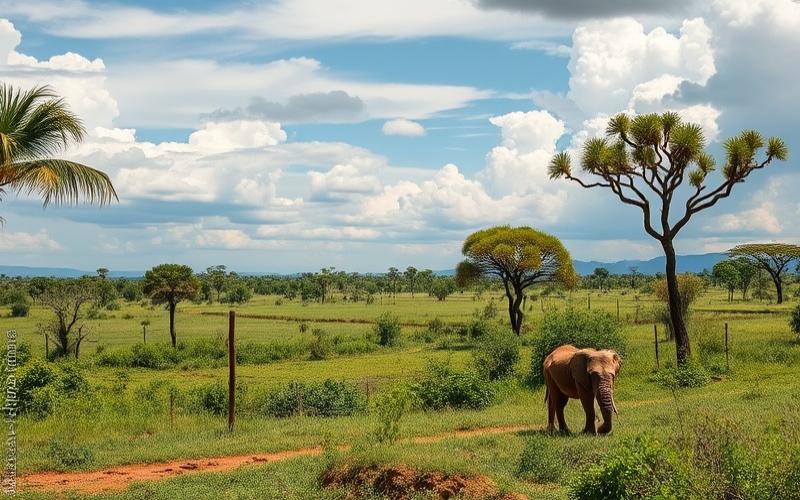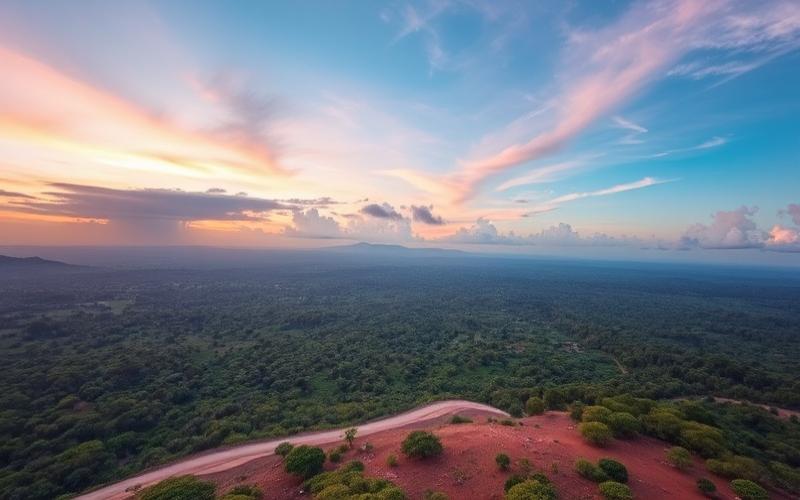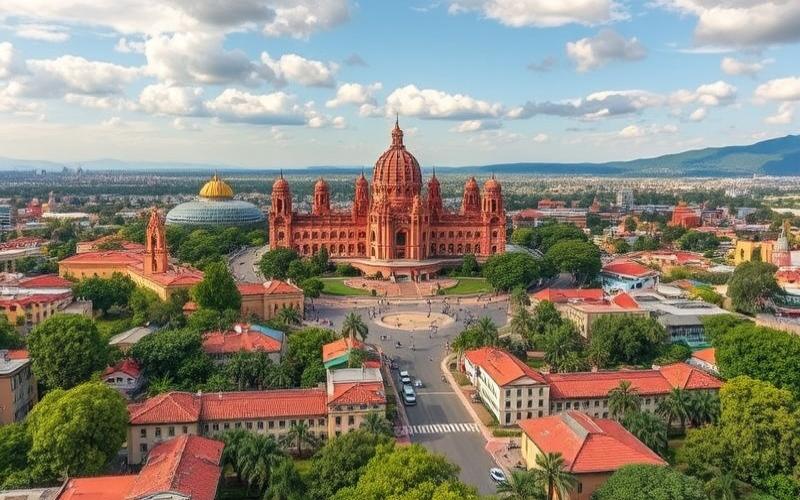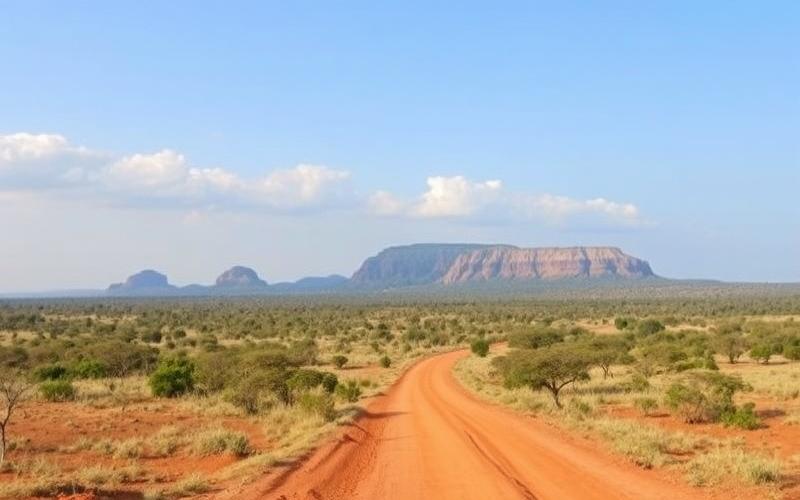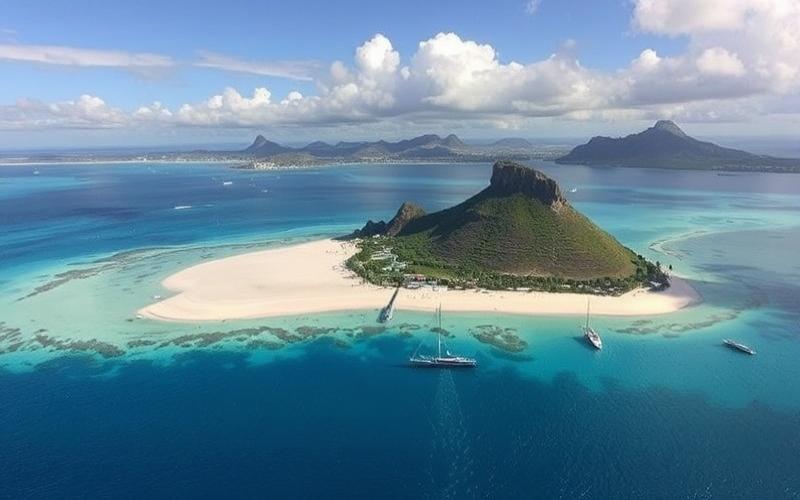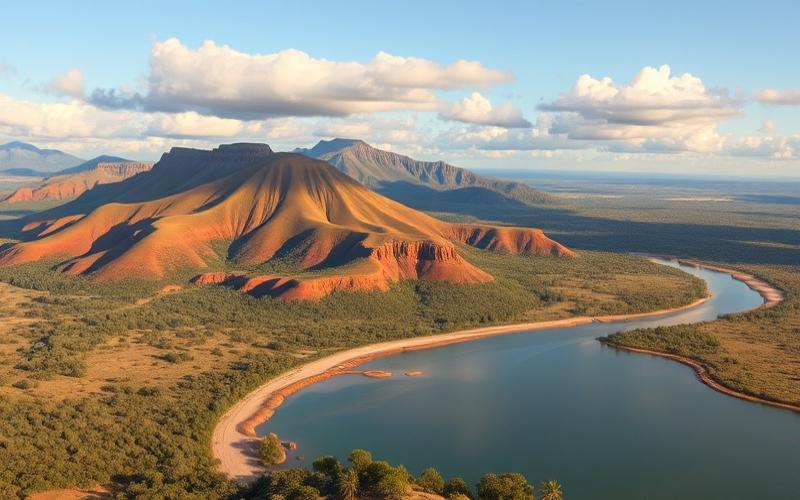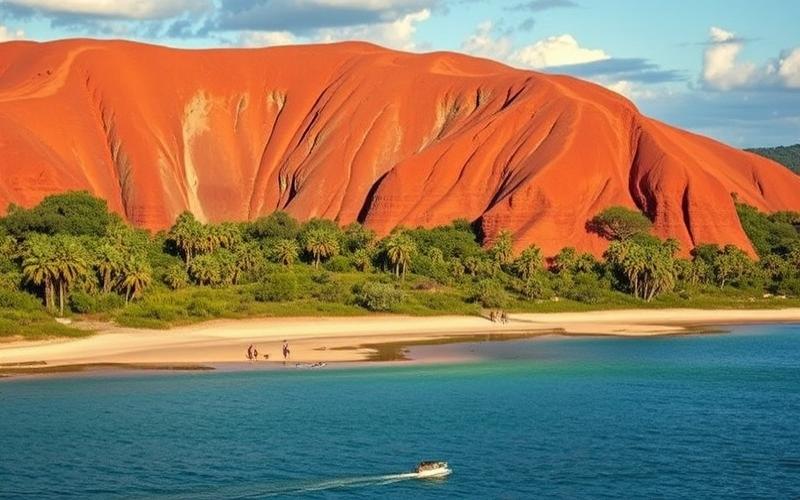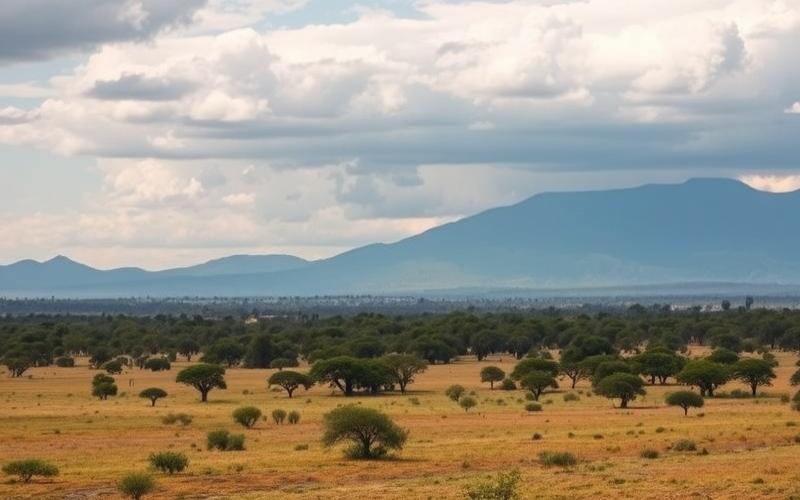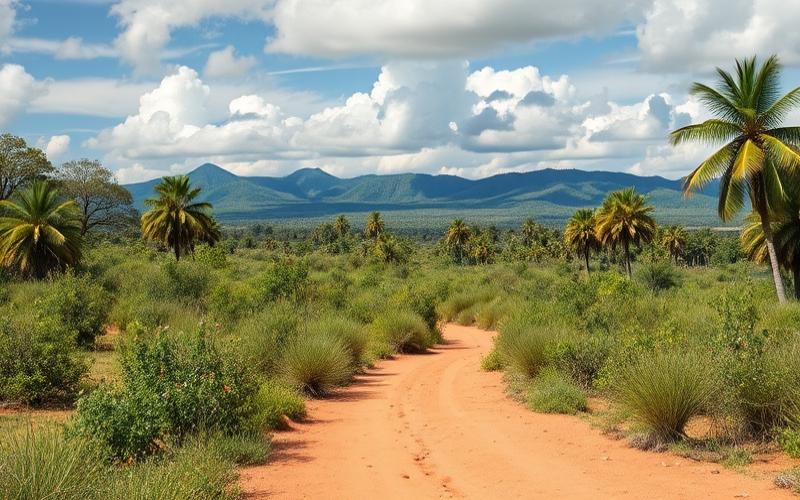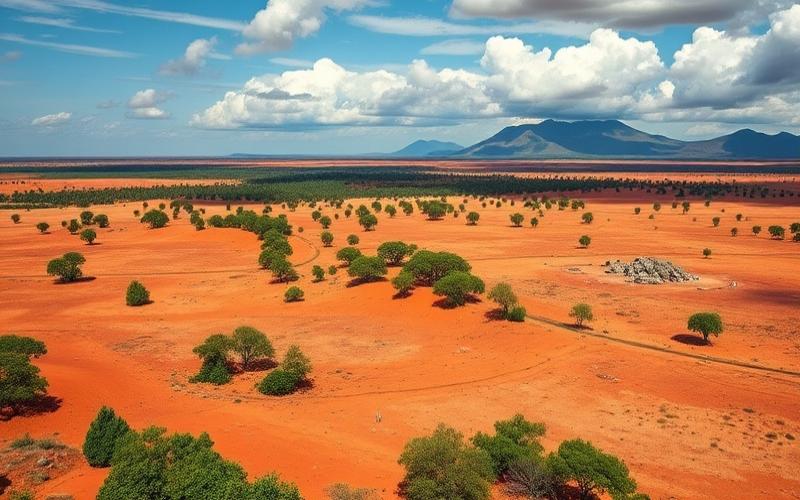
 Published on and written by Cyril Jarnias
Published on and written by Cyril Jarnias
Real estate in Madagascar represents an attractive investment opportunity, particularly due to the economic and tourism development potential of the Great Island. However, to successfully execute a real estate project in this country, it’s crucial to thoroughly understand the current legal and regulatory framework. This article provides a comprehensive overview of the legal and tax aspects you need to know to confidently invest in Malagasy real estate.
Property Rights for Foreigners: Myth or Reality?
Contrary to some common misconceptions, foreigners do indeed have the right to acquire real estate properties in Madagascar. However, this right is governed by specific provisions that are important to understand:
- Foreigners can purchase built properties (houses, apartments, commercial spaces) in full ownership.
- Acquisition of vacant land is subject to restrictions. Foreigners cannot directly purchase land but can obtain emphyteutic leases for a maximum duration of 99 years.
- For large-scale projects, particularly in the tourism or industrial sectors, creating a company under Malagasy law is recommended. This legal structure facilitates access to land ownership.
These provisions aim to preserve the national land heritage while allowing foreign investors to participate in the country’s economic development. It’s important to note that these rules may evolve, and it’s always recommended to consult a specialized lawyer to ensure your project complies with current legislation.
Good to know:
Although foreigners cannot directly purchase vacant land, creating a company under Malagasy law can facilitate access to land ownership for major investment projects.
The legal framework governing real estate in Madagascar is complex and constantly evolving. Here are the main laws and regulations to know:
- Law No. 2005-019 of October 17, 2005, establishing the principles governing land statuses: This fundamental law defines different land categories (state-owned, private, etc.) and regulates their management.
- Law No. 2006-031 of November 24, 2006, establishing the legal regime for untitled private land ownership: It aims to secure land rights for traditional occupants.
- The Land Code (Ordinance No. 60-146 of October 3, 1960): It governs land registration and titling procedures.
- Law No. 2007-036 of January 14, 2008, on investments in Madagascar: It defines the general investment framework, including in the real estate sector.
These texts form the backbone of Malagasy real estate law. They are supplemented by numerous implementing decrees and orders that specify practical implementation procedures.
A crucial aspect to remember is the importance of land titles. In Madagascar, only a properly issued land title fully guarantees property rights. Therefore, it’s essential to meticulously verify the existence and validity of the land title before any real estate transaction.
Good to know:
The procedure for obtaining a land title can be lengthy and complex. It’s highly recommended to enlist a professional (notary, lawyer) to ensure the procedure’s regularity.
Real Estate Taxation: An Advantage for Savvy Investors
The Malagasy tax system offers several advantages for real estate investors while remaining relatively complex. Here are the main elements to know:
- Registration fees: They amount to 6% of the property value for real estate transactions.
- Property tax: It’s calculated based on the property’s rental value and varies by municipality.
- Tax on rental income: Rental income is subject to income tax, with progressive rates ranging from 0 to 20%.
- Real estate capital gains: They are taxed at a rate of 20% for non-residents.
There are also tax incentive schemes for certain types of investments, particularly in the tourism sector or in priority development zones. These benefits may include temporary profit tax exemptions or registration fee reductions.
The 2025 finance law introduced some important modifications in real estate taxation:
- Submission of public auction sales of real estate properties owned by individuals to the Real Estate Capital Gains Tax (IPVI).
- Payment of IPVI by notaries, bailiffs, and other public or ministerial officers on behalf of the seller.
These changes aim to strengthen tax control over real estate transactions and combat tax evasion.
Good to know:
Real estate taxation in Madagascar may seem advantageous compared to some countries, but it’s crucial to properly structure your investment to optimize your tax situation. Professional advice is highly recommended.
Property Owners’ Rights: A Balance Between Protection and Responsibility
Malagasy law provides significant protection to real estate owners while imposing certain obligations. Here are the main points to remember:
- Right of use and enjoyment: The owner has the right to use their property as they see fit, in compliance with current laws and regulations.
- Right to lease: The owner can freely rent their property but must respect certain rules, particularly regarding leases.
- Protection against expropriation: Expropriation is only possible for public utility reasons and requires fair and prior compensation.
- Maintenance obligations: The owner must maintain their property in good condition and comply with urban planning and neighborhood regulations.
It’s important to note that property owners’ rights may be limited in certain cases, particularly for public interest or environmental protection reasons. For example, construction in certain protected areas may be subject to specific restrictions.
Regarding leasing, Malagasy law tends to favor a balance between property owners’ rights and tenants’ rights. Lease contracts must be established in writing and registered with tax authorities to be fully enforceable.
Good to know:
In case of real estate disputes, Madagascar has specialized land courts. These jurisdictions aim to accelerate the processing of real estate cases and guarantee better expertise in this complex field.
Regulatory Framework Evolution: Towards Modernizing the Real Estate Sector
The regulatory framework for real estate in Madagascar is constantly evolving, reflecting the authorities’ willingness to modernize the sector and attract investments. Here are some recent changes and trends to watch:
- Digitalization of procedures: The Malagasy government has launched several initiatives to digitize real estate-related procedures, particularly land title registration. This modernization should ultimately facilitate transactions and strengthen legal security.
- Strengthening anti-corruption efforts: New measures have been implemented to combat corruption in the land sector, a recurring problem that hinders investments.
- Relaxation of investment conditions: Discussions are underway to ease some restrictions on land acquisition by foreigners, aiming to attract more foreign direct investment.
- Sustainable development: New regulations are expected to promote sustainable construction and energy efficiency in the real estate sector.
These developments demonstrate Madagascar’s commitment to positioning itself as an attractive destination for international real estate investors while preserving national interests.
It’s crucial for investors to stay informed about these regulatory changes and their potential implications for their real estate projects. Regular legal monitoring and reliance on experienced local advisors are essential to navigate this evolving environment.
Good to know:
Despite these positive developments, the Malagasy real estate sector remains complex. It’s highly recommended to work with local experts (lawyers, notaries, real estate agents) to successfully execute your investment project.
Conclusion: A Promising Market That Requires an Informed Approach
Real estate in Madagascar offers appealing opportunities for savvy investors. The legal and tax framework, although complex, presents definite advantages, particularly for well-structured projects. However, successful real estate investment in this country requires a thorough understanding of local specificities and a cautious approach.
The ongoing regulatory developments demonstrate the Malagasy authorities’ willingness to modernize the sector and attract foreign investment. This positive dynamic, coupled with the island’s economic and tourism development potential, suggests promising prospects for Malagasy real estate in the coming years.
To maximize your chances of success, it’s crucial to work with experienced professionals, properly structure your project, and remain attentive to regulatory framework developments. With an informed approach and good understanding of local challenges, real estate investment in Madagascar can prove to be a particularly interesting opportunity.
Disclaimer: The information provided on this website is for informational purposes only and does not constitute financial, legal, or professional advice. We encourage you to consult qualified experts before making any investment, real estate, or expatriation decisions. Although we strive to maintain up-to-date and accurate information, we do not guarantee the completeness, accuracy, or timeliness of the proposed content. As investment and expatriation involve risks, we disclaim any liability for potential losses or damages arising from the use of this site. Your use of this site confirms your acceptance of these terms and your understanding of the associated risks.

